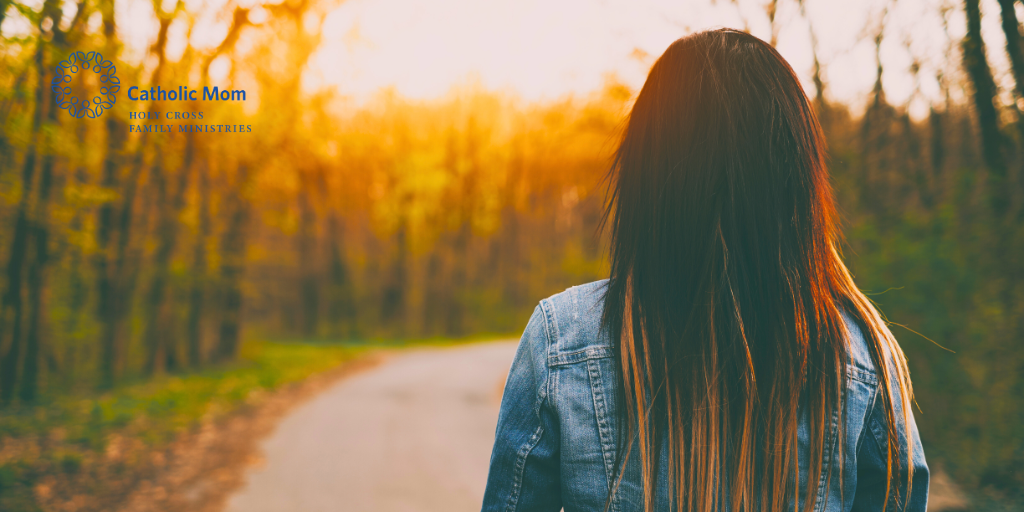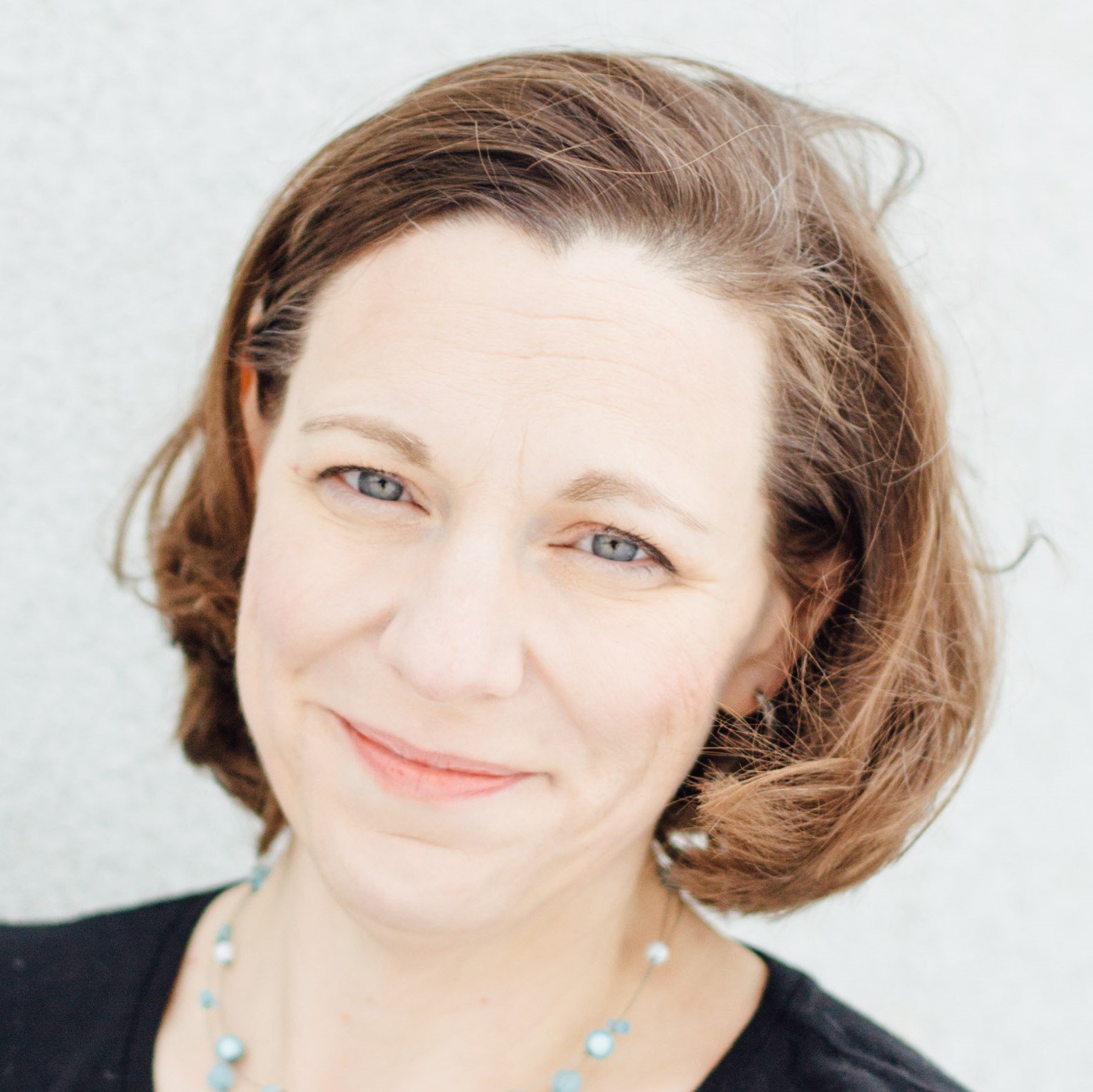
Erin McCole Cupp gets real about negativity bias and the challenge of living with hope after repeated setbacks.
I’m writing this during my virtual holy hour, or what I call my “weekly FaceTime with Jesus.” We used to live half an hour from our old parish’s perpetual Adoration chapel, and that’s where I went in the wee hours every Thursday morning for seven years, not including a break for COVID lockdown. Then I would go back to my stay-at-home homeschooling mom life.
Meanwhile, life as I knew it was falling apart, no matter how hard I tried to keep it together with prayer, therapy, and self-help books. To make a long story short, we moved to a new parish without a perpetual Adoration chapel, and my new life as a single mom struggling to find sustainable income with that 20-year gap in my resume doesn’t leave room for the commute to our old parish’s Adoration chapel.
So I make do. For one hour every Saturday morning, I go to YouTube and dedicate one window of my computer to Live Adoration from Tyburn Convent in London, near where so many of the English martyrs gave their lives for the faith. That’s my new holy hour for my new life.
It’s better than nothing, and in-person Adoration or not, this new life is certainly emotionally, physically, and spiritually safer than my old one, but like so many things in my present reality, it doesn’t feel much better than nothing.
What’s Negativity Bias?
Negativity bias is a tool our brains use to protect us from harm: we tend to see the negative first and put more weight on its salience over the impact of the positive things that happen to us. Negativity bias helps us not get bitten by strange dogs because we cautiously assume they won’t be friendly. It’s what keeps us from gambling ridiculous amounts of money on shady investments, because we see the likely losses instead of the unlikely gains. It’s what helps anesthesiologists keep their patients alive — by focusing on and preventing all the things that could go wrong.

But like every automatic brain function, in a fallen world, negativity bias can hold us back. It can keep us from seeing what love and provision God does have for us, because all we can see is the lack caused by others’ and our own sins.
It makes sense that I’m seeing so much negative in my life right now — loneliness, underemployment, the long-term emotional impacts of the unsafe pre-divorce dynamic on my kids and me — but when that’s all I focus on, it doesn’t help. It just weighs me down with sorrow and a fear of getting back up again when I’ve tried so hard for so long, only to fall.
It makes sense that I want to stay down, but it also doesn’t help.
Keep Compassionate and Carry On
When things don’t work out and we’re in a season — or decade — of suffering, we might hear the advice to “think of how much harder others have it.” I’m not one to tell my clients or myself to use that aphorism, because it automatically puts us in a mindset of contempt, of finding someone we can view with disdain. Disdain never actually raised anyone up.
I don’t find it helpful to tell myself or anyone else, “Just think positive!” Whenever I’m overwhelmed with negatives, slapping a smile on over my tears feels disingenuous. Lying to ourselves is never a great way to rebuild trust in our perceptions anyway and just disengages us further from reality.
So what does help? I’ve found that paying attention to what I do have, not instead of but in addition to the empty places in my life, reminds me that there are things worth hoping for, worth fighting for, worth getting up another day and putting one foot back in front of the other until the good once again outbalances the painful.
To do this, I make lists. Sure, my savings might be dwindling away, but today I have a full tank of gas. I might not have enough money to buy steak, but that lentil curry recipe was pretty amazing. Yes, I have a broken heart, but I have space to let the pain do its work without having anyone around making it worse. I might not be able to make rent next month, but I did this month, and if I had to worry about next month today, well, it would already be next month.
Both/And
Thank God we Catholics are called to be both/and people. We can be both suffering and grateful. I don’t think we have to be grateful for the suffering when we’re in it, but I do have faith still that, if we’re here, it’s for a reason. I can’t always find that reason in the darkness. I can, however, find something that reminds me that it still is good to be here. I just have to keep looking.

I’m allowed to feel my pain. So are you. It means we’re still alive enough to keep looking for the joy.
Share your thoughts with the Catholic Mom community! You'll find the comment box below the author's bio and list of recommended articles.
Copyright 2025 Erin McCole Cupp
Images: Canva
About the Author

Erin McCole Cupp
Erin McCole Cupp, CTRC, is grateful to be recovering from compulsive overeating, binge eating behaviors, and developmental and betrayal trauma. As a Certified Trauma Recovery Coach™, she coaches, writes and teaches about trauma and addiction recovery from a Catholic perspective. Take her quiz, “What kind of stress eater are you?” at ErinMcColeCupp.com.


.png?width=1806&height=731&name=CatholicMom_hcfm_logo1_pos_871c_2728c%20(002).png)
Comments